We often think of getting a massage as an indulgent luxury — the epitome of relaxation with few benefits other than feeling sublime. However, massage, which is actually the shortened term for “massage therapy”, can indeed be therapeutic. Not only is feeling good a worthy benefit of massage in and of itself but there are also quite a few additional benefits to this therapeutic bodywork modality.
There are nearly 80 distinct types or styles of massage, each with its own set of techniques employed and intended benefits, but most bodywork techniques that fall under the umbrella of massage provide a similar set of physical, mental, and emotional benefits to help you feel your best. If you’ve been holding out on scheduling the massage you so desperately want, keep reading for our list of the top benefits of massage. It may just be the information you need to give yourself “permission” to take care of your body and mind with a therapeutic massage.
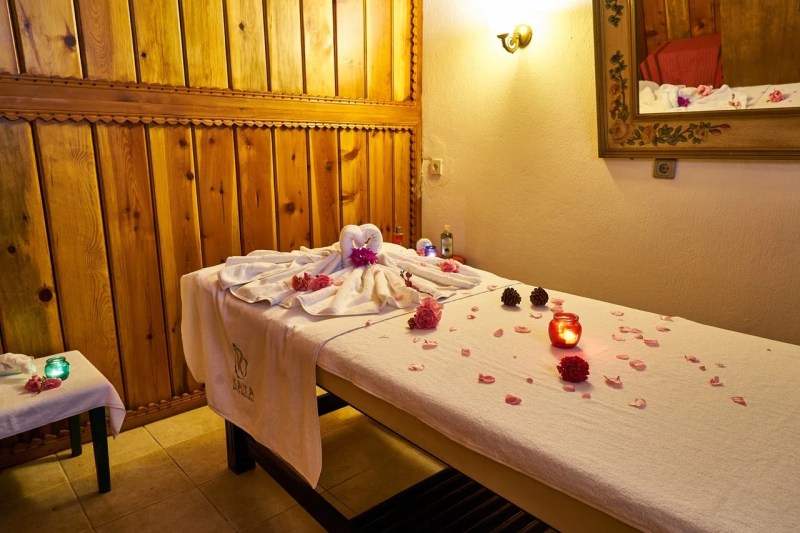
Benefits of Massage
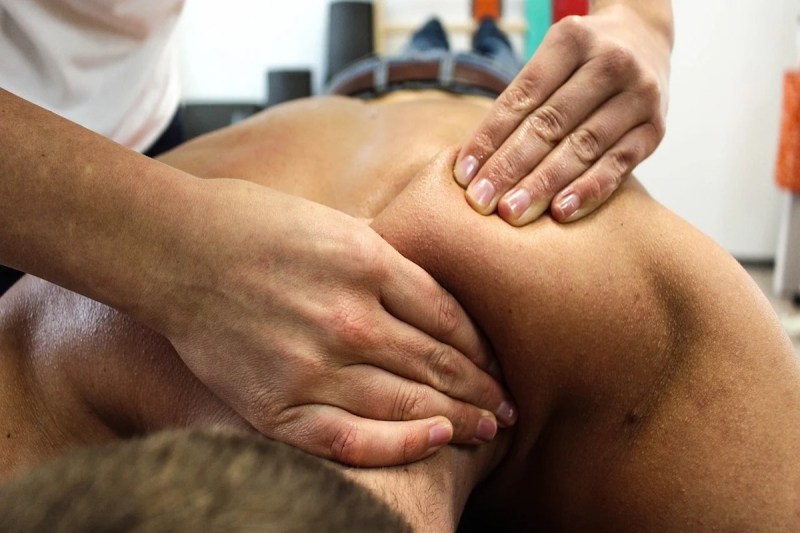
The specific style or type of massage will influence the benefits of the massage. For example, a sports massage will help aid recovery from a workout and reduce muscle soreness, while a prenatal massage will help alleviate aches and tension in a pregnant woman. That said, the following are some of the more common benefits of massage:
Massage Can Reduce Stress
The hands-on bodywork involved in massage has been shown to decrease cortisol levels and promote a sense of relaxation and ease. Massage can provide an opportunity to let go of the tension you feel and be mindful.
Massage Increases Circulation
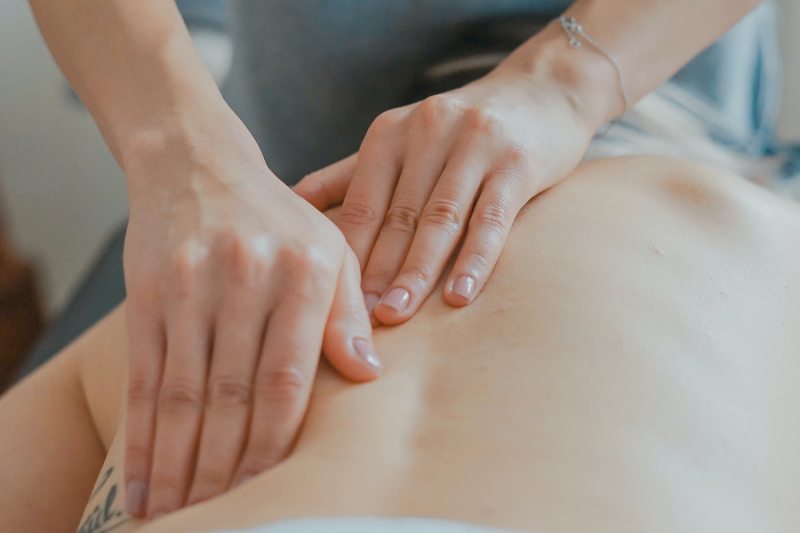
The friction and rubbing in massage warm up your tissues and increase blood flow. As blood carries oxygen and nutrients, increasing circulation enhances the delivery of nourishing compounds to muscles, connective tissues, and skin. This can enhance physical performance and aid recovery. For example, massaging a tight muscle before a workout can increase blood flow and flexibility.
Massage Can Improve Your Sleep

So many of us struggle to fall and stay asleep. From chronic pain to overwhelming stress, there are many factors that prevent us from getting the restorative sleep we need to feel energized and healthy. Massage can attack sleep disruptors from several different angles. If physical aches and pains keep you tossing and turning, massage may reduce discomfort and ease stiffness. If stress and worry keep you perseverating at night instead of peacefully dreaming, massage may stimulate your parasympathetic nervous system and lower your cortisol levels to help you relax and unwind.
Massage Can Reduce Pain
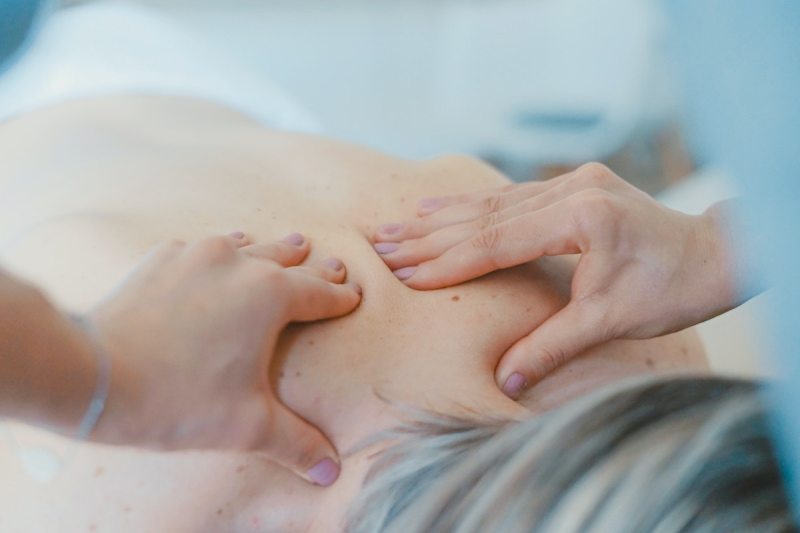
Many massage styles are targeted at reducing body aches and pains. Physically it can loosen tight tissues, relieve knots, and increase the range of motion around a joint, all of which can lower pain and stiffness. Moreover, massage has been found to increase the production of endorphins, which are feel-good chemicals that minimize the perception of pain.
Massage Lowers Anxiety
Massage stimulates the parasympathetic nervous system — the branch that controls “rest-and-digest,” relaxation functions. We often live in the sympathetic, “fight-or-flight” nervous system, where we feel tension, stress, and pressure in everyday life. Massage triggers a shift to the parasympathetic nervous system, which calms your body and mind and can ease anxiety.
Massage Can Increase Your Focus
Massage can improve focus and mental clarity by balancing your nervous system, connecting your mind and body, decreasing cortisol levels, and encouraging mindfulness. While most people associate massage with relaxation, several types of massage are designed to be invigorating and energizing.
Massage Can Speed Injury Recovery
Several different styles of massage can be used to enhance the recovery from an injury. Increasing blood flow to tissues surrounding an injury helps provide the injured site with the nutrients it needs to rebuild and repair and also helps remove waste products, dead cells, and inflammatory compounds surrounding the injury. Massage can also work through trigger points, muscle adhesions, and knots, and increase the range of motion around stiff joints. In cases where an injury leads to required inactivity, massage can provide the necessary stimulation to the inactive tissues to keep them nourished.
Massage Strengthens Your Immune System
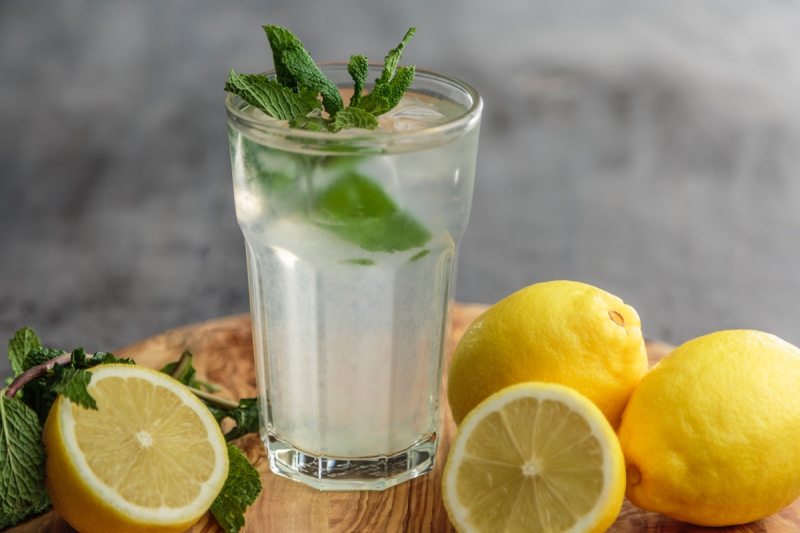
Massage helps stimulate the circulation of lymph, a fluid that carries immune cells throughout your body and helps fight off infection and inflammation. Massage can also lower inflammatory cytokines and cortisol levels. As a result, the body is in better immune balance and can reach an ideal anti-inflammatory state. There is also some evidence demonstrating the ability of regular massage to reduce symptoms and disease severity in those with autoimmune diseases. Massage therapists recommend drinking a lot of water and taking immune-supportive supplements like vitamin C and zinc to augment the immune benefits of a massage.
Massage Can Improve Your Mood
Massage stimulates the production of endorphins and oxytocin, two compounds that increase your mood. You may feel happier, more optimistic, and energized after a massage.
Massage Is An Investment In Yourself
“Self-care” may seem like merely a buzzword, but it’s vital to take care of yourself and do things that feel good. Massage can be a relaxing, pleasurable escape. You deserve it.



